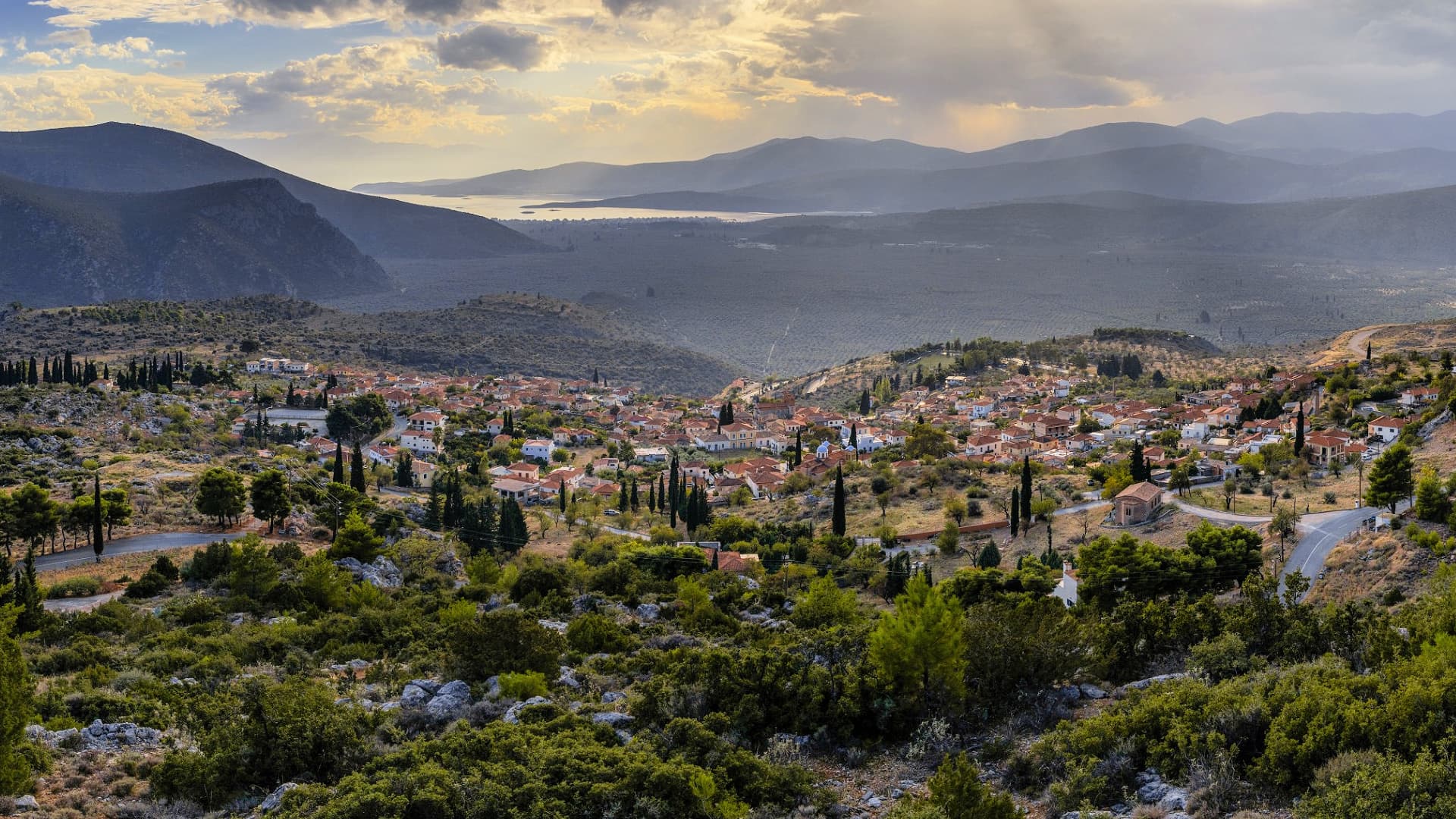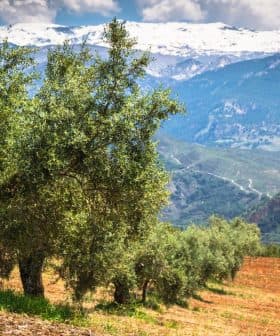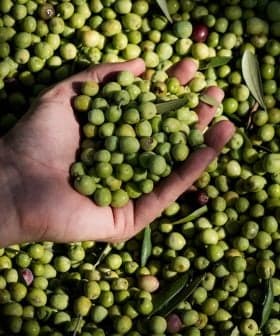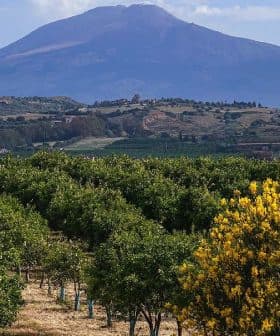 6.8K reads
6.8K readsNews Briefs
Persistent Warm Weather Causes Headaches for Olive Oil Producers in Greece

Producers in Greece are facing challenges with the olive oil harvest due to warm weather and a lack of workers, potentially affecting the quality of the oil. The high humidity and warm temperatures have led to an increase in olive pests, impacting the acidity levels of the olive oils and potentially leading to a decrease in high-quality oils and a rise in prices.
Amid a bountiful harvest season, with the total yield of olive oil expected to exceed 300 thousand tons, problems continue to arise for producers in Greece.
See Also:Promising Signs of a Robust Harvest in GreeceThe unnaturally warm weather prevailing in large parts of the country, with daytime temperatures hovering at around 20°C, could compromise the quality of some regions’ freshly-produced Greek extra virgin olive oil.
“The harvest has been delayed due to the weather conditions and the lack of workers,” said Yiorgos Kokkinos, a producer from Messenia in southern Peloponnese.
“However, the weather has not cooled off yet, and the existing high humidity helps the gloeosporium and the fruit fly thrive,” Kokkinos added. “All these have an impact on the quality of the olive oils, with the acidity levels ranging from 0.8 to 1 in the last few days. I see that high-quality olive oils are reducing, something that will eventually bring a rise in prices.”
Producers across the country are accustomed to colder weather this time of the year. This would have favored the olive harvest by keeping humidity levels low and preventing olive pests from emerging.
On Crete, where the harvest is halfway through, the higher-than-usual temperatures have also spread anxiety among olive oil producers.
“The fact that it is hot and it doesn’t rain is bad,” said Vagelis Protogerakis, the head of the producers association of Heraklion. “The fruit fly is present and causes some damage. I hope that the weather will change so that we have no further problems.”
Meteorologists expect colder weather to set in across the country no sooner than mid-January. For the time being, warmer days — with temperatures rising by a few degrees — are expected in southern Greece and many of the islands, including Crete, at the beginning of 2023.









